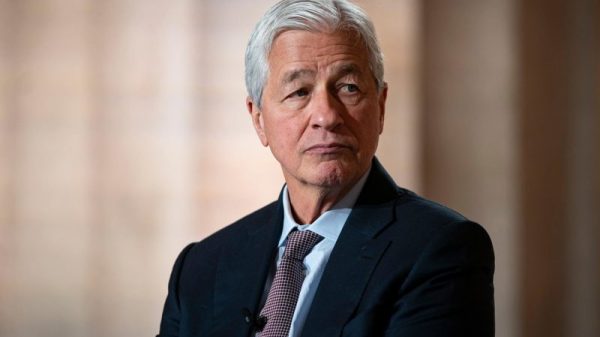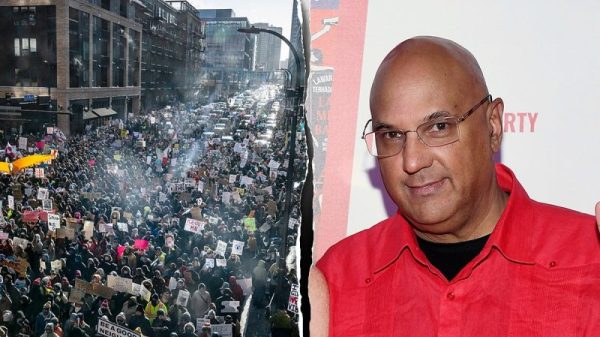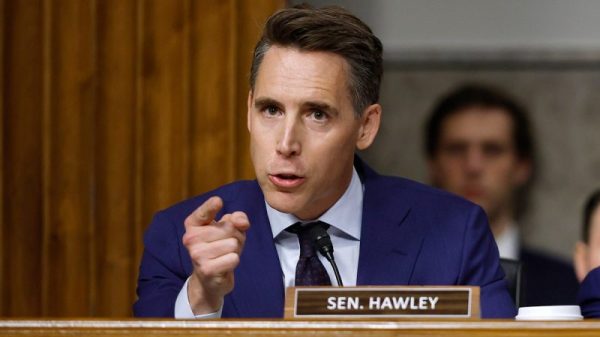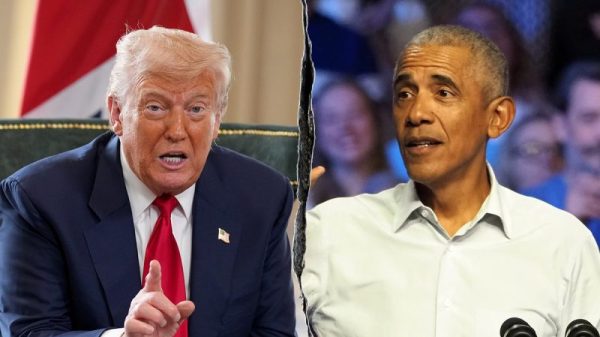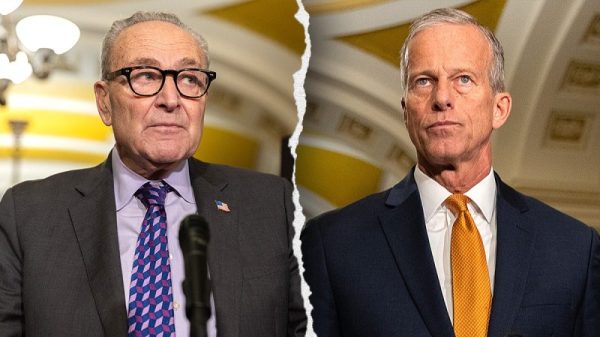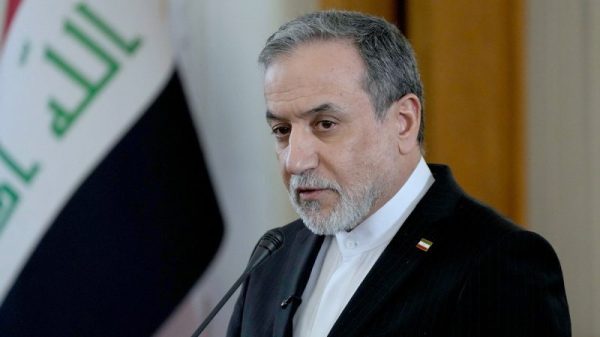Republican presidential nominee Donald Trump is unhappy with Federal Reserve Chair Jerome Powell, and says he intends to reform the central bank if elected. As reported, Trump’s plan would require the Fed to consult with the White House on interest rate changes. The proposal aims to give the president the power to influence monetary policy, for instance, by giving the Department of Treasury the power to “serve as check” on the Fed. Regardless of the specific shape that Trump’s proposed reform may take, this move risks subjecting monetary policy to short-run partisan benefits and burdens.
Trump’s disappointment with the Fed is understandable. Monetary policy was unnecessarily loose in the second half of 2021 and 2022, causing prices to rise rapidly. And, although the Fed has since tightened monetary policy, inflation remains above the 2-percent target. Unexpected inflation temporarily reduced real (inflation-adjusted) wages, and forced Americans to bear the costs of renegotiating in order to prevent the real wage decline from being permanent.
Trump also believes that tight monetary policy limited the success of his administration’s economic policy. The Fed increased its federal funds rate target eight times between November 2016, when Trump was elected, and February 2019. It then made three cuts between July and December 2019 — cuts that then-President Trump thought didn’t go far enough.
Even if one accepts that monetary policy was too loose beginning in 2021 or too tight during most of Trump’s administration (and the latter is far from clear), it does not follow that Trump’s proposed solution would improve monetary policy. Indeed, one should think very carefully before implementing reforms that would increase the political influence on monetary policy.
The conventional view among economists is that a central bank should be insulated from political influence through a high degree of independence. Central bank independence permits the monetary authority to make policy decisions based on economic factors, even if those decisions are at odds with the goals of incumbent politicians. Politicians tend to have relatively short time horizons. They need to do what looks good today in order to ensure their re-election. Central banks, in contrast, are tasked with promoting long run macroeconomic stability. They need to keep inflation low and steady and production consistent with the economy’s potential.
US history offers a good example of the danger posed by a politicized central bank. In order to improve his re-election odds, President Richard Nixon pressured Fed Chair Arthur Burns to engage in expansionary monetary policy ahead of the 1972 election. Burns delivered and Americans suffered: inflation climbed from 3.0 percent in July 1972 to 12.2 percent in November 1973.
Trump’s proposed reform would institutionalize the influence wielded by Nixon. As reported, it would require the Fed to consult with the president prior to making interest rate decisions. It would also enable the president to remove the Fed chair on the basis of policy disagreements.
Even if one thinks Trump is well-suited to make interest rate decisions (and there is little reason to think he is), it does not follow that Trump’s proposed solution would improve monetary policy. Institutional reforms tend to be durable. Consequently, they should not be designed for the particular circumstances of the moment. Will the president elected in 2028 be well-suited to make interest rate decisions? How about the president elected in 2032? Entrusting interest rate decisions to the president practically guarantees that, at some point, such powers will be wielded poorly — and probably sooner than later.
If the goal is to improve the Fed’s performance (rather than transforming it into a tool for partisan politics), there are many more desirable options. Congress could require the Fed to hit a short term nominal income level target or medium term price level target. It could insist that the Fed return to a corridor operating regime. It could limit the Fed’s regulatory discretion and roll back its emergency lending powers.
The Fed is far from perfect. There is much scope for desirable reform. But such reforms should be careful not to politicize the Fed any more than it already is. Trump’s proposed reform would make the Fed an arm of the White House. It would be a step in the wrong direction.










